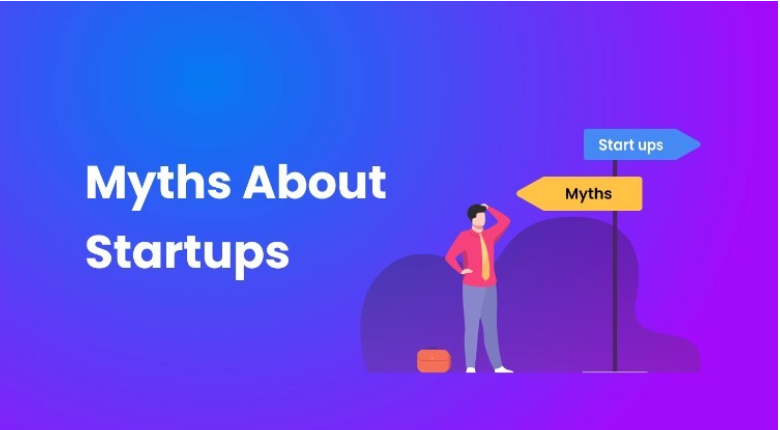
The world of startups is often romanticized, giving rise to a range of myths that paint an unrealistic picture of what it truly means to launch and run a business. One of the most pervasive myths is that startup success happens overnight. We often hear about “overnight” unicorns or billion-dollar startups seemingly emerging from nowhere, but the reality is that these companies typically endure years of hard work, pivots, and challenges before they gain traction. Success stories like Airbnb, Uber, or Spotify may seem like meteoric rises, but these companies had long journeys filled with hurdles and setbacks. The myth of instant success pressures founders to expect quick results, leading to unrealistic expectations and discouragement when growth is gradual. Another common myth is the idea that securing venture capital guarantees success. Funding is undoubtedly important, but it’s not a magic bullet. Many startups fail even after raising significant capital, as sustainable growth requires sound management, a solid product, and a deep understanding of the market. Overreliance on funding can even backfire, leading to excessive spending without focusing on profitability or customer acquisition, which are the real drivers of long-term success.
There’s also a myth that startups need a groundbreaking, entirely unique idea to succeed. While innovation is key, many successful startups don’t reinvent the wheel; they simply improve existing products or services. For instance, Facebook was not the first social media platform, and Google was not the first search engine. Startups often succeed by enhancing user experience, delivering value, or reaching a target market more effectively than their competitors. Another myth is that startup life is glamorous and exhilarating at every turn, with founders seen as living dynamic lifestyles filled with flexibility, high-stakes decision-making, and celebrity-like recognition. In reality, startup life can be highly stressful, with founders working long hours, facing instability, and dealing with the isolation that comes from high levels of responsibility. Behind the scenes, founders often struggle with cash flow issues, burnout, and the pressure of balancing work with personal life. The glamour is far from the everyday reality, where most time is spent on operational details, team management, and putting out fires.
Many believe that having a good product is all it takes to succeed, but the myth that “if you build it, they will come” often leads to failure. Even the best products need strategic marketing, customer education, and a deep understanding of the market to gain traction. Startups that overlook these essentials find themselves with great products that struggle to find a market fit. It’s equally misleading to think that working in a startup provides endless freedom and flexibility. While startup culture is often more relaxed than corporate environments, founders and early employees are typically stretched across multiple roles, working long hours with little job security. Rather than freedom, startup roles demand adaptability and a high tolerance for uncertainty. Lastly, there’s the myth that only young, college-dropout entrepreneurs can succeed in the startup world. While stories of young founders like Mark Zuckerberg have gained media attention, successful startups are often led by people with diverse backgrounds and varying ages, including many who bring years of experience and industry knowledge to their ventures.
Dispelling these myths is essential to building a realistic understanding of startup life. While startups offer exciting opportunities for growth, creativity, and innovation, they also come with intense challenges that require resilience, hard work, and adaptability. Success in startups is rarely easy or instant, but for those who are prepared to navigate the ups and downs, the rewards of building something meaningful can be incredibly fulfilling. Recognizing the realities behind these myths can help aspiring founders prepare mentally and strategically, setting them on a path to sustainable growth and impact in their chosen industries.
–PRADHAN CHINNAPPA






